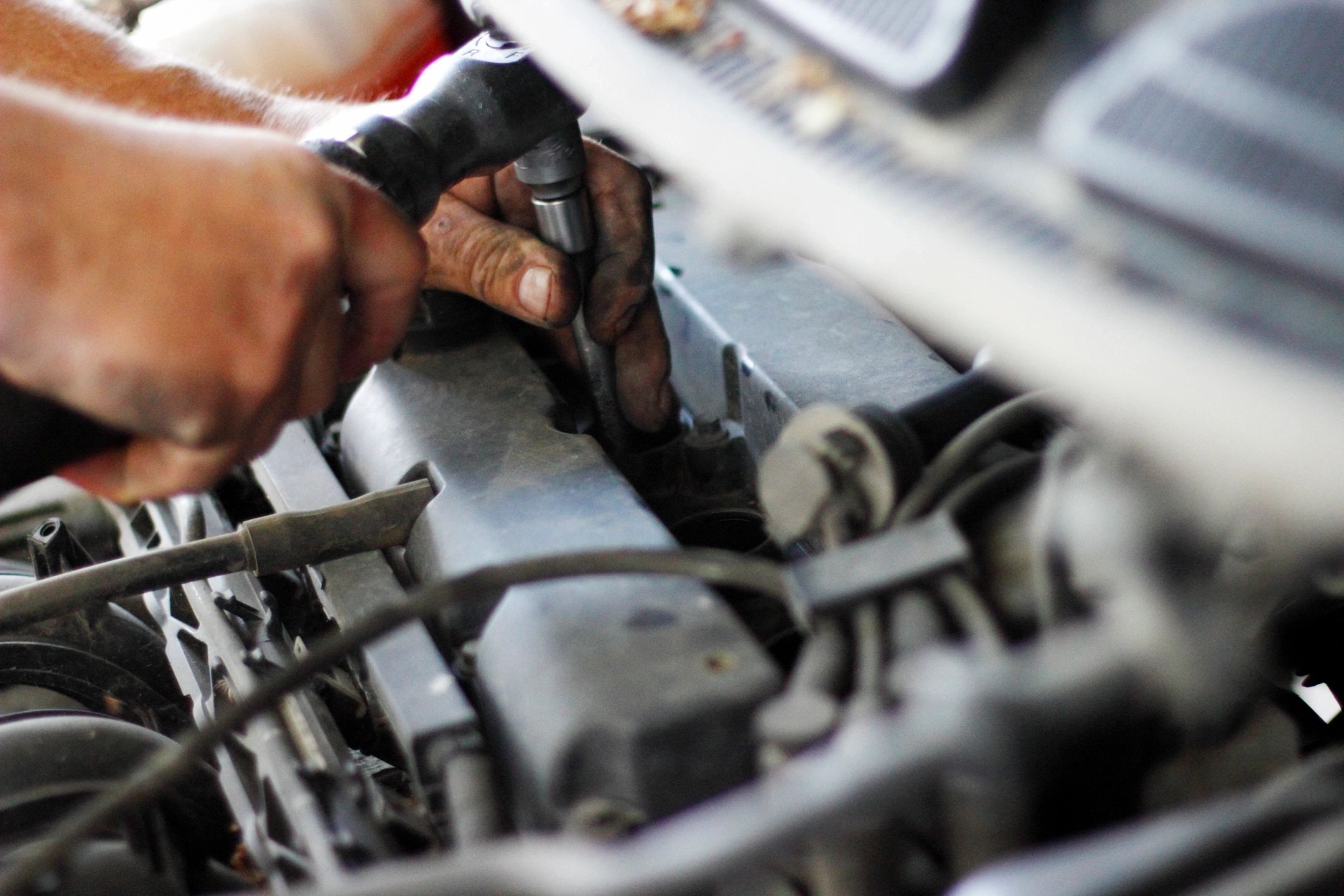A faulty compressor in a vehicle’s air conditioning (A/C) system can cause poor cooling performance, uncomfortable cabin temperatures, and even damage to other A/C components. The compressor is the core of the A/C system, responsible for circulating refrigerant and ensuring cool air reaches the cabin. Here’s a look at the signs, causes, and solutions for a failing A/C compressor.
Common Signs of a Faulty Compressor
- Weak or No Cold Air
One of the most obvious signs of a failing compressor is that the A/C doesn’t blow cold air, or it’s significantly weaker than usual. Without a functional compressor, refrigerant won’t circulate properly, making it hard for the system to cool the cabin. - Strange Noises
Grinding, rattling, or squealing sounds from the A/C system, especially when the A/C is turned on, could indicate internal damage to the compressor. This might be due to worn bearings, a failing clutch, or other internal components. - Compressor Clutch Not Engaging
The compressor clutch allows the compressor to turn on and off based on the cabin temperature. If the clutch doesn’t engage when the A/C is activated, it may indicate a problem with the clutch itself or a larger compressor issue. - Leaking Refrigerant
A compressor with damaged seals may leak refrigerant, causing a loss of pressure and reduced cooling ability. Visible refrigerant leaks or oil stains near the compressor area can indicate a problem. - Circuit Breaker or Blown Fuse
If the A/C circuit breaker trips or a fuse blows when the A/C is turned on, this can indicate electrical issues within the compressor. Over time, this problem can cause permanent damage to the A/C system if not addressed.
Causes of Compressor Failure
- Lack of Lubrication
Compressors require adequate lubrication to function smoothly. Low refrigerant levels, which carry lubricant, can lead to friction, wear, and eventual compressor failure. - Contaminated Refrigerant
Contaminants such as moisture, dirt, or metal particles can enter the refrigerant system and damage the compressor. These contaminants can block or wear down components, leading to system failure. - Electrical Problems
Issues with the electrical connections, wiring, or compressor clutch can lead to compressor failure. Electrical problems often arise from worn or damaged wires, which prevent the compressor from receiving the correct signals or power. - Wear and Tear
Like any component, compressors are subject to wear and tear, especially in hot climates where they work harder. Regular use, combined with age, can lead to weakened internal parts and reduce the compressor’s effectiveness over time.
Solutions for a Faulty Compressor
- Recharge or Replace Refrigerant
If the issue is related to low refrigerant levels, recharging the system can restore cooling. However, if there’s a leak, it should be repaired to prevent recurring issues. - Replace the Compressor
If the compressor is severely damaged or worn, replacing it is often the best solution. A qualified technician can install a new compressor and ensure that all connections are secure. - Inspect and Replace Clutch or Electrical Components
If the clutch isn’t engaging, a replacement clutch or repair of the electrical connections may resolve the problem without needing to replace the entire compressor. - Regular Maintenance
Routine A/C maintenance, such as cleaning, recharging refrigerant, and checking for leaks, can help prevent compressor issues. Ensuring that filters are clean and the A/C system is free from contaminants also extends the life of the compressor.
Preventing Compressor Failure
- Run the A/C Regularly: Even during the colder months, running the A/C occasionally helps keep the compressor in working order and distributes refrigerant oil.
- Check Refrigerant Levels: Maintaining the correct refrigerant level ensures proper lubrication, reducing friction and wear inside the compressor.
- Schedule Regular Inspections: Having a professional check your A/C system annually can catch minor issues early, preventing larger, more costly repairs down the road.
A faulty compressor can disrupt your vehicle’s cooling system and lead to expensive repairs if left unchecked. Addressing early warning signs and following a regular maintenance schedule can help keep your A/C system running smoothly and your cabin cool all year round.



